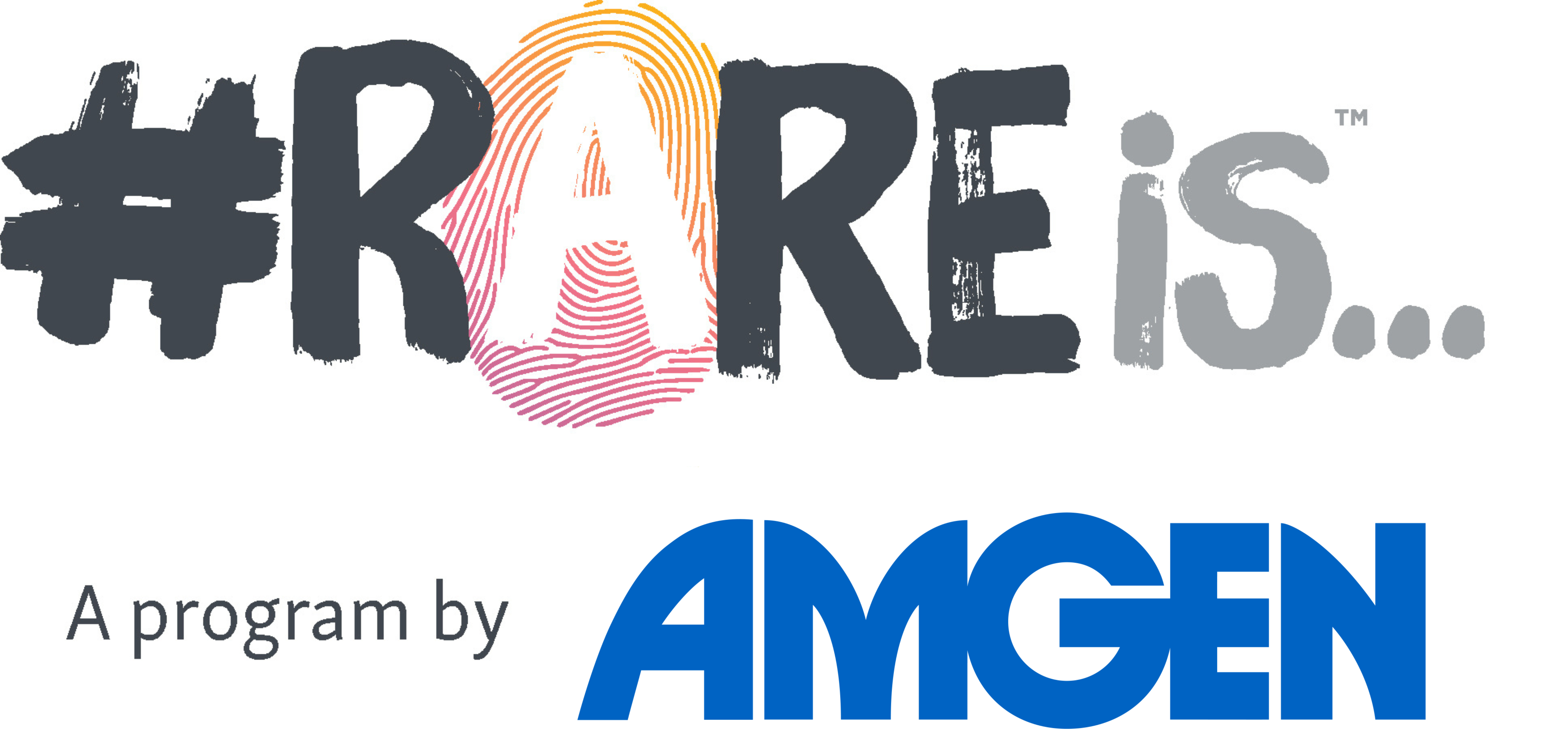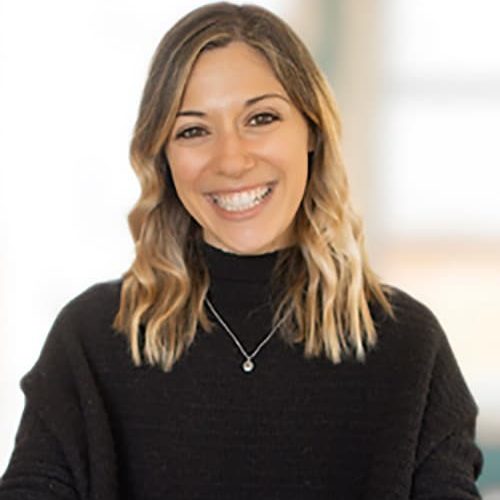Prologue
I firmly believe that everything I have experienced in life has served a purpose; my moments of uncertainty, challenges, happiness and triumphs – I was brought here to this exact point for a reason. While I may not have always understood it, I look back and realize that everything I’ve been through and all the people I’ve met along the way led me to exactly where I’m supposed to be.
It’s a Club I Never Asked To Join, But Am Glad To Be Part Of
I was six years old when I was diagnosed with a rare disease; Langerhans Cell Histiocytosis (LCH). You would think that at such a young age I wouldn’t remember much, but I remember it all very vividly. I remember all the hospital visits, the ambiguity, the pain. I remember what it felt like for my parents as they navigated my new reality with little information and preparation.
Oddly enough, my mom unknowingly read an article prior to my diagnosis about histiocytic disorders, so when we finally got the diagnosis, she had already heard of it. We were fortunate to live close to a university hospital and to be taken care of by the heroes on my medical team who connected and directed us to people, organizations and resources who could help us in our journey.
One of those people and organizations was Jeff Toughill, founder of the Histiocytosis Association. Jeff and the organization welcomed us with open arms and were ready to help us conquer life with a rare disease. He knew first-hand the challenges we were experiencing as his daughter was also diagnosed with LCH and he made it his mission to help patients and families by providing a safe space, listening ear, education, community and help in finding the right medical team.
After 35 strong years, Jeff announced his retirement. I decided that since I had been involved with the association since I was seven years old, helping to launch a Pen Pal club to connect patients and families worldwide, volunteering for various events and fundraisers and most recently serving on the Board of Trustees as Secretary, I knew I had what it takes and decided to apply for the Executive Director position. Although Jeff is retired now, he still serves as my inspiration – another moment of realizing that life brought me to that exact moment for a reason.
I felt ready, I felt honored, I felt hopeful that I would continue to build off the tremendous efforts that Jeff graciously passed down to me.
Our Voice is Important, Our Work is Unwavering and Together, We Will Make a Difference
As I sit here recalling all the moments that led me to this point, I find myself looking forward to all the great things we will do to serve those in the histio community. My vision is to support those who have been affected by histiocytic disorders and ultimately to realize and find a cure.
The work I get to do is challenging, exciting, and emotional, but most importantly, it’s the most passion-filled thing I will ever get to do. My advice to those in the rare disease community is to hold onto hope because every day we hear about progress, development, research, and knowledge that is advancing the way we live with a rare disease.
I encourage you to check out our website to learn more about our resources and programs, including:
- Resources for newly diagnosed, patients and caregivers, researchers and healthcare professionals
- Educational information like, Beyond the Diagnosis podcast, peer-to-peer support, yoga, educational videos, webinars and regional meetings
- Opportunities to participate in programs including, clinical trials, funding opportunities and scholarship programs
You can also sign up for our newsletter to receive the latest histio information and customized content.
About Histiocytic Disorders
Histiocytic disorders are a group of diseases that occur when there is an over-production of white blood cells known as histiocytes that can lead to organ damage and tumor formation. Because there are a wide variety of conditions that can affect both children and adults, the Histiocyte Society classified these disorders into three groups in 1987 in order to reduce confusion: dendritic cell disorders, macrophage cell disorders and malignant cell disorders.
The classification of these disorders created a common name and language for the six different histiocytic disorders; Hemophagocytic lymphohistiocytosisv (HLH), Langerhans cell histiocytosis (LCH), Pulmonary Langerhans cell histiocytosis (PLCH), Erdheim-Chester disease (ECD), Rosai-Dorfman disease (RD) and Juvenile xanthogranuloma (JXG). Each of the diseases are very different and the symptoms, rate of occurrence, diagnostic testing and treatments vary widely.

